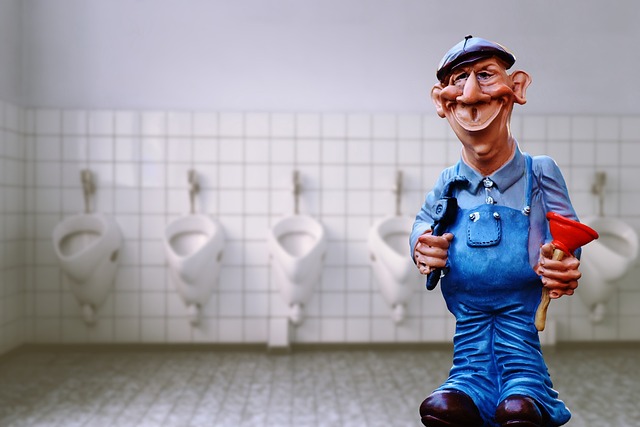DIY plumbing repairs offer cost savings and skill empowerment, but complex issues require specialized knowledge and tools beyond average homeowners' reach. Misdiagnosis or improper fixes can cause further damage and higher costs. Safety concerns necessitate professional involvement in tasks like gas line work or high-pressure water systems. Professional plumbers provide expertise for accurate, efficient repairs, saving time and preventing future headaches. The choice between DIY and professional plumbing depends on the complexity of issues and safety considerations.
“From minor drips to major leaks, tackling plumbing repairs is a common DIY endeavor. However, weighing the benefits against potential drawbacks is crucial. This article explores the pros and cons of taking on plumbing repairs yourself versus hiring a professional. Discover the advantages of cost savings and learning new skills with DIY, while also considering risks like accidental damage and time-consuming troubleshooting. Learn when to opt for DIY simplicity or when complex issues demand expert intervention, ultimately guiding your decision between DIY vs. professional plumbing services.”
- DIY Plumbing Repairs: Pros and Challenges
- – Advantages of DIY approach: cost-saving, control over process, learning experience
- – Potential challenges: lack of expertise, accidental damage, time-consuming troubleshooting
DIY Plumbing Repairs: Pros and Challenges

DIY plumbing repairs have become increasingly popular, with many homeowners opting to tackle leaks, clogs, and other minor issues themselves. One of the primary advantages is cost savings, as DIY solutions can be significantly cheaper than calling a professional plumber. It also empowers individuals to gain a better understanding of their plumbing systems and fosters a sense of accomplishment. Online tutorials and how-to guides are readily available, making it easier for do-it-yourselfers to follow step-by-step instructions.
However, DIY plumbing repairs come with challenges. While minor issues may be manageable, complex problems often require specialized tools and knowledge that the average homeowner might not possess. Misdiagnosing or improperly fixing a problem can lead to further damage and more costly repairs in the long run. Additionally, some tasks, such as working with gas lines or high-pressure water systems, are best left to professionals due to safety concerns. Comparatively, professional plumbers offer expertise, ensuring that repairs are done correctly and efficiently, saving homeowners time and potential future headaches.
– Advantages of DIY approach: cost-saving, control over process, learning experience

Many homeowners opt for a DIY approach when it comes to plumbing repairs, and for good reason. One of the primary advantages is cost-saving. By tackling the issue yourself, you avoid professional fees that can sometimes be exorbitant. This is especially beneficial for minor issues like leaky faucets or clogged drains, where a quick fix from an expert might not be necessary.
Moreover, taking on DIY plumbing repairs gives you complete control over the process. You get to choose the materials, tools, and methods, allowing for customization to fit your needs and preferences. It’s also a fantastic learning experience, empowering you with new skills and knowledge about how your home’s plumbing system works. This hands-on approach can foster a deeper understanding of potential future issues, enabling proactive maintenance.
– Potential challenges: lack of expertise, accidental damage, time-consuming troubleshooting

While DIY plumbing repairs can seem like a cost-effective solution, they often come with potential challenges that outweigh the benefits, especially for those without professional expertise. One of the primary issues is accidental damage; even minor mistakes or missteps in complex plumbing systems can lead to significant problems. Leaks, clogs, and broken pipes are just a few consequences that may arise from DIY attempts.
Moreover, troubleshooting plumbing issues can be incredibly time-consuming. What might seem like a simple fix turns out to be a labyrinth of interconnected components, making it easy to get lost in the process. Time-pressed individuals may find themselves spending hours, if not days, trying to locate and resolve the issue, leading to frustration and potential health hazards. In such cases, it’s often more efficient and safer to rely on professional plumbing services for DIY vs. professional plumbing debates.
While DIY plumbing repairs offer benefits like cost savings and hands-on learning, they also present significant challenges. Without professional expertise, accidents can lead to further damage. Time-consuming troubleshooting can test patience. For minor issues, DIY methods are viable, but for complex problems, enlisting a professional plumber is often the safer, more efficient choice between DIY vs. professional plumbing services.
